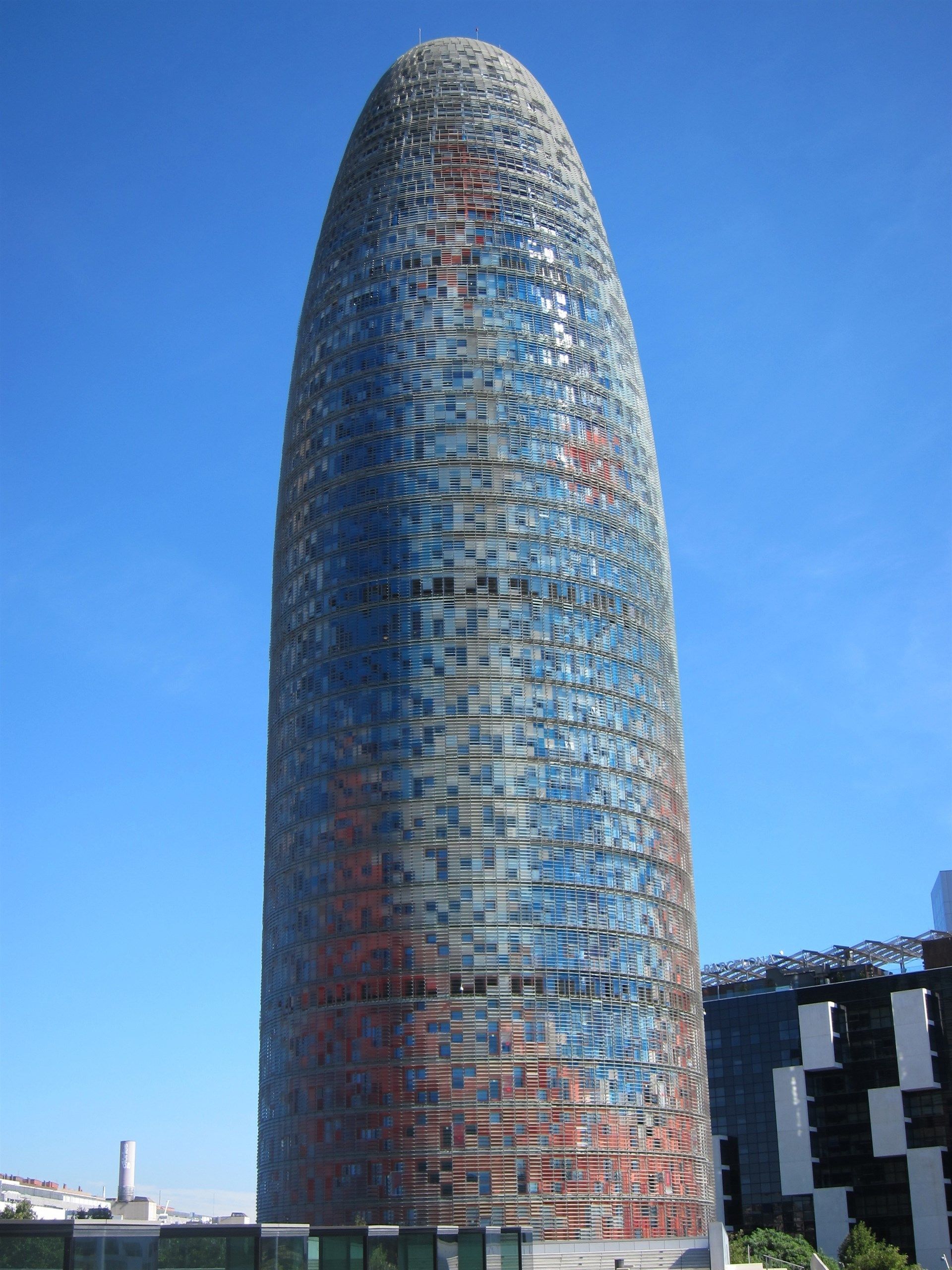Barcelona has lost out on the relocation of the headquarters of the European Medicines Agency (EMA), with Amsterdam being chosen from 16 candidates after three rounds of voting.
The Catalan capital got 13 points in the first round, putting it in fifth place, missing out on going through. The earlier leader was Milan, which got 25 points, with Amsterdam and Copenhagen on its heels with 20 apiece. In the second round, the Danish capital was knocked out, with the Italian city following it in the third round, leaving the Netherlands' capital as the winner. The final decision was made by drawing lots after Milan and Amsterdam drew on votes.
Barcelona had been one of the favourites in the race to welcome the European agency, enjoying joint support between the Catalan and Spanish governments and the city council, before the application of article 155 of the Spanish Constitution. The candidacy lost momentum, however, and in the end was eliminated in the first round. The pro-union side has blamed this on the independence movement, whilst president Carles Puigdemont has blamed the Spanish state's violence on 1st October.
The Catalan capital was the best candidacy on a technical level and was the preferred option for the agency's 900 workers.
New headquarters after Brexit
The 27 member states of the European Union (all except the UK) voted this afternoon on the future locations of the two European agencies currently in British territory, the EMA and the European Banking Authority. The new headquarters will open in 2019, after the UK finally leaves the EU.
Barcelona was competing against 15 other European cities, after three other candidates pulled out before voting started: Zagreb, Malta and Dublin. The Catalan capital had been a leading candidate to host the EMA when it was first created, eventually losing out to London.
The decision was taken in Brussels this afternoon at a meeting of Foreign Affairs ministers, with every state able to vote for up to three candidates, giving three points to their first choice, two points to their second choice, one point for their third. In the second round, the member states had a single point each to give to their preferred option. As this didn't lead to any of the candidates achieving a majority, they then moved to a third vote, as defined by the procedure. This didn't lead to a decision either, so the new headquarters ended up decided by drawing lots.
Montserrat accuses the Catalan government
Even before voting started this Monday morning, the Spanish Health minister, Dolors Montserrat, had said in Brussels that the Spanish government has "a very calm conscience" for their efforts in support of the candidacy but warned that "maybe others can't have such [a calm conscience]". Once the result of the vote was announced, Montserrat said that this was a "direct example" of damage by the independence movement.
As well as Montserrat, the first deputy mayor of Barcelona, Gerardo Pisarello, and the director of the Catalan Health Service, David Elvira, had also travelled to the Belgian capital to find out the results first-hand.

